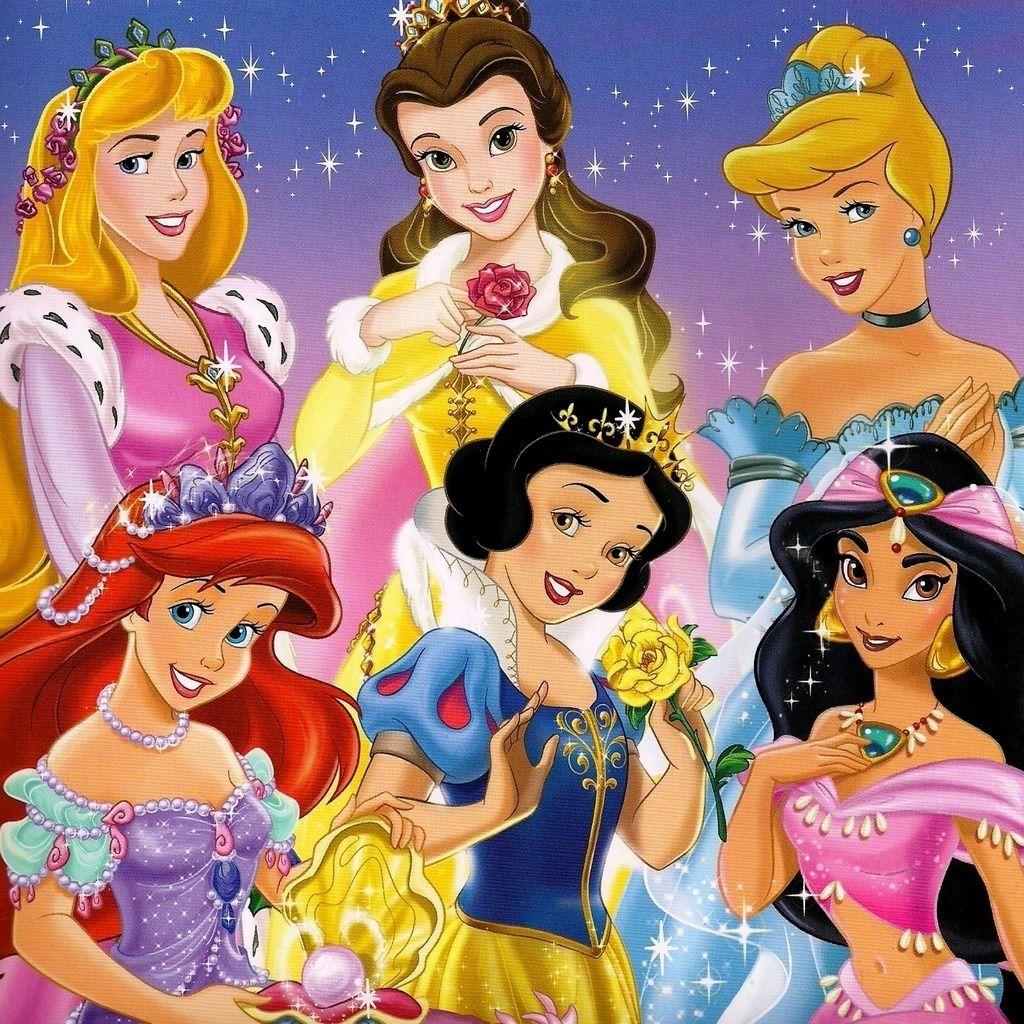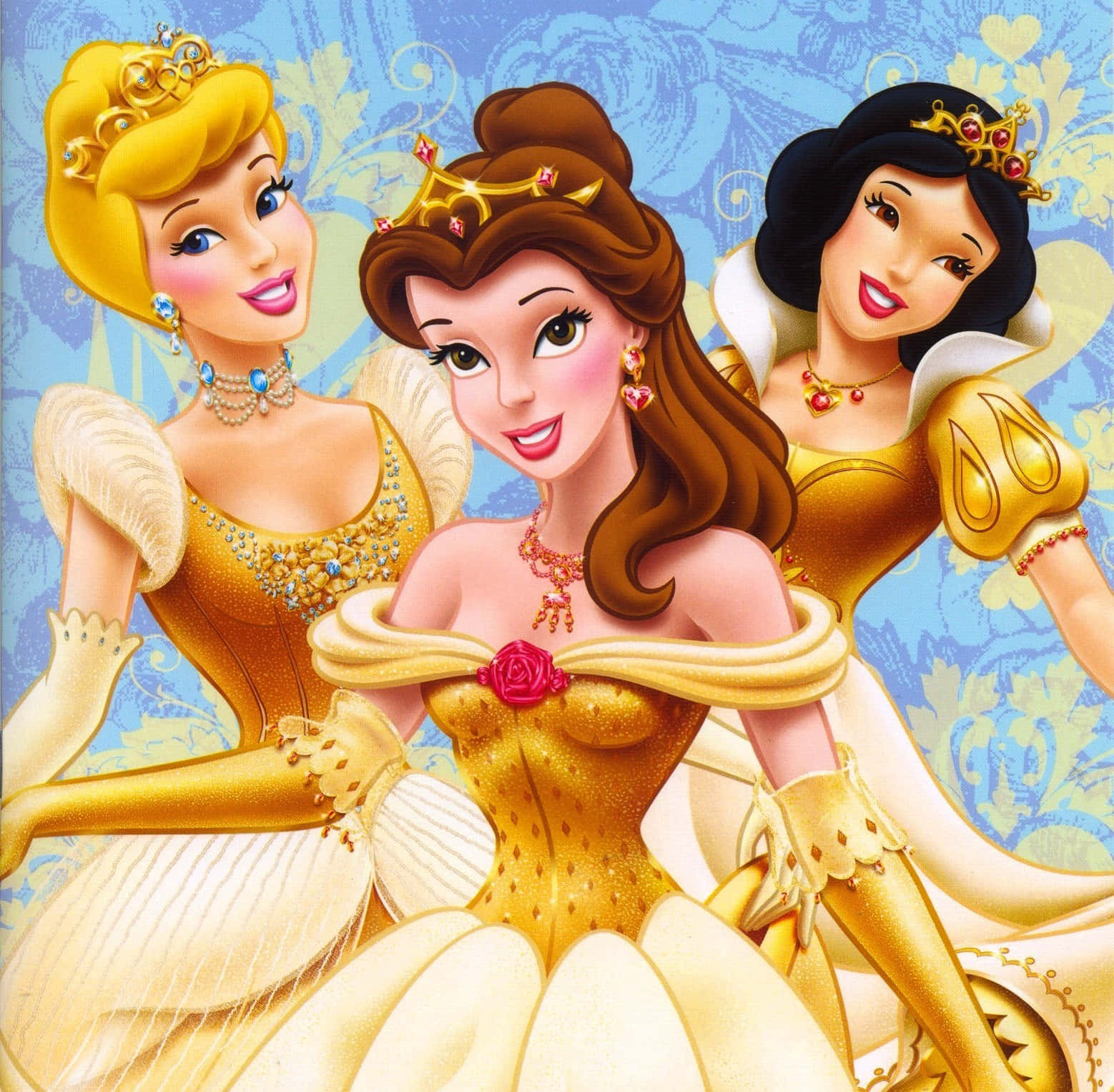There has been quite a bit of talk lately, a lot of whispers, really, about the Princess of Wales. People are asking questions, wondering where she is and what might be happening. This kind of public interest, you know, it’s a natural thing when someone who holds a very public position seems out of sight for a while. It gets people thinking and talking, as a matter of fact.
When someone is in the public eye, especially someone with a title like "Princess," people tend to feel a connection, or at least a strong sense of curiosity. They follow the news, they look for updates, and if things seem quiet, questions start to pop up. This is just how things often go with figures who are so well-known, that is that.
So, the question "is the Princess of Wales missing" has certainly gained some attention. It's a phrase that has been seen and heard in many places, reflecting a general curiosity that spreads quickly. We will look at why such questions arise and how the public often reacts to periods of quiet from well-known individuals, as I was saying.
- Macaulay Culkin Brenda Song
- Who Won Survivor 47
- Trump Blue Suit Funeral
- Selena Gomez Fiance
- Denzel Washington Denzel
Table of Contents
- What We Understand About Public Roles and Titles
- Is the Public's Curiosity a New Thing?
- The Language of Titles - From 'Lil' to 'Milady'
- How Information Spreads and Questions Arise
What We Understand About Public Roles and Titles
When we talk about people who hold important public roles, like a princess, there is a general way we tend to see them. These individuals are often connected with certain duties and expectations. People often believe they should be visible, or that their activities should be known, especially if they are part of a royal family. This is how many of us have come to think about those who live in the public eye, you know, as a matter of fact.
The idea of a public figure, someone whose life is more or less shared with the general population, is something that has been around for a very long time. From stories of old kings and queens to present-day leaders, there is a long-standing tradition of people wanting to know what is happening with those in prominent positions. This desire for information, for a glimpse into their lives, seems to be a fairly common part of how societies work, in a way.
A person in a public role often has their image shaped by how they are presented, and by what the public expects. For instance, the very word "princess" brings certain pictures to mind for many people. It suggests a particular kind of grace, a certain sort of presence, and a connection to a long line of history. This general picture can make any absence from public view feel more noticeable, and it can certainly lead to questions, so.
- Will Levis Gia Duddy
- Is Eminem Married
- Ashley Spencer
- Cheryl Hines Daughter Accident
- Patrick Reed The Golfer
When we think about these public roles, it's pretty clear that they come with a certain level of public interest built right in. People feel a connection to these figures, whether it is through tradition, shared national pride, or simply a curiosity about a different kind of life. This connection makes any perceived change in their usual public routine something that people notice and discuss, more or less.
How are Public Figures Seen?
So, how exactly are public figures seen by the general population? Well, it is not just about what they do, but also about the ideas and symbols they stand for. Someone with a title like "Princess" often represents a sense of tradition, a tie to the past, and a certain kind of national identity. People tend to look to them as a representation of something bigger than just one person, you know.
It is almost as if public figures, particularly those in royal positions, take on a kind of storybook quality for many. We see them in pictures, hear about their activities, and these pieces of information help build up a picture in our minds. This picture might be shaped by what we read, what we hear, and even by stories we grew up with, like those about fictional princesses. This mixture of real life and public perception can be quite interesting, to be honest.
The way we talk about these individuals, the words we put into practice when we speak of them, also plays a part in how they are seen. A title, for instance, can carry a lot of weight and meaning. It is not just a name; it is a description of a certain kind of role and a certain way of life. This is why any shift in their public presence can feel like a bigger deal than it might for someone who does not have such a widely recognized public spot, so.
It's fair to say that the public often has a sort of ongoing conversation about these figures. They are discussed in homes, in news reports, and across various forms of communication. This constant chatter means that when something seems out of the ordinary, like a period of quiet from a well-known person, it quickly becomes a topic for everyone to talk about. This is just how public attention works, typically.
| Aspect | Description |
|---|---|
| Public Visibility | Often expected to appear at events and be seen by many people. |
| Symbolic Meaning | Can represent traditions, values, or a sense of national identity. |
| Media Attention | Regularly featured in news and other forms of public information. |
| Public Interest | A natural curiosity from people about their lives and activities. |
| Historical Context | Roles often have roots in past customs and ways of doing things. |
Is the Public's Curiosity a New Thing?
The human desire to know what is happening with others, especially those in high places, is certainly not a recent development. If you look back through history, people have always been interested in the lives of their leaders, their monarchs, and anyone who held a special kind of power or influence. This wanting to know, this feeling of curiosity, seems to be a very deep part of what it means to be human, you know.
Think about old stories, or even the way news used to travel. Before the quick flow of information we have today, people would still gather to hear updates about their rulers. Messengers would bring news from far-off places, and people would hang on every word. The questions might have been different, and the ways of getting answers slower, but the underlying interest was much the same. It's almost as if this kind of curiosity is something we carry with us through time, anyway.
Even the very idea of a "public figure" has roots in how societies have always worked. There have always been individuals whose lives were more open to general view, either because of their birth, their achievements, or their position. So, when questions arise today about someone like the Princess of Wales, it is, in a way, just another expression of this long-standing human trait. It is a natural part of how we interact with those who hold public roles, that.
The way we talk about public figures has changed, certainly, with the speed of modern communication. But the core reason for the talk, the simple human interest, remains pretty much the same. People want to feel connected, they want to understand, and they want to know what is going on. This is why a question like "is the Princess of Wales missing" can catch so much attention, really.
Why Do We Ask About the Princess of Wales?
So, why specifically do people ask about the Princess of Wales? Well, part of it goes back to what we just talked about: the general human interest in those who hold public positions. But there are also some particular reasons that make questions about her especially noticeable. She holds a very visible and respected role within a royal family, a family that has been a part of public life for many generations, you know.
The public has seen her grow into her role, and she has been a consistent presence at various events and activities. When someone who is usually so present seems to step back, even for a little while, it can feel like a change in the usual pattern. People tend to notice these shifts, and their minds naturally start to wonder about the reasons behind them. This is a fairly typical human reaction to something that seems different from what is expected, so.
Also, the title itself, "Princess of Wales," carries a lot of historical weight and public meaning. It is a role that has been held by significant figures in the past, and it comes with a certain set of duties and public expectations. When someone holds such a title, their life is, to some extent, shared with the nation. This makes any period of quiet from them a topic of public discussion, and it naturally leads to people asking questions, as a matter of fact.
It is also worth remembering that information spreads very quickly these days. A question, once asked by a few, can become a widely discussed topic in a very short amount of time. This speed means that curiosity can build up fast, and a simple question can turn into a much larger public conversation. This is just how things often go when public figures are involved, honestly.
The Language of Titles - From 'Lil' to 'Milady'
The way we use words, especially titles, can tell us a lot about how we see people and their positions. Take the word "lil," for example. It is a brief version of "little," and sometimes it is used as a kind



Detail Author:
- Name : Heber Bradtke
- Username : homenick.elenor
- Email : joconner@yahoo.com
- Birthdate : 1970-09-10
- Address : 153 Lang Fort Port Rossberg, IL 40572-6765
- Phone : 337.989.3334
- Company : Russel Ltd
- Job : Financial Manager
- Bio : Ducimus eum fugiat laboriosam molestiae rerum natus. Qui aperiam ratione excepturi odit error corrupti hic. Pariatur asperiores molestiae numquam possimus itaque fugit molestias.
Socials
linkedin:
- url : https://linkedin.com/in/sadie.larkin
- username : sadie.larkin
- bio : Repellendus consectetur qui nulla.
- followers : 2615
- following : 1312
tiktok:
- url : https://tiktok.com/@sadielarkin
- username : sadielarkin
- bio : Consequatur est sit quaerat quasi ratione.
- followers : 5903
- following : 277
facebook:
- url : https://facebook.com/sadie_real
- username : sadie_real
- bio : Molestias aut quidem cumque. Quia eum quasi minus nulla delectus mollitia.
- followers : 1306
- following : 1986